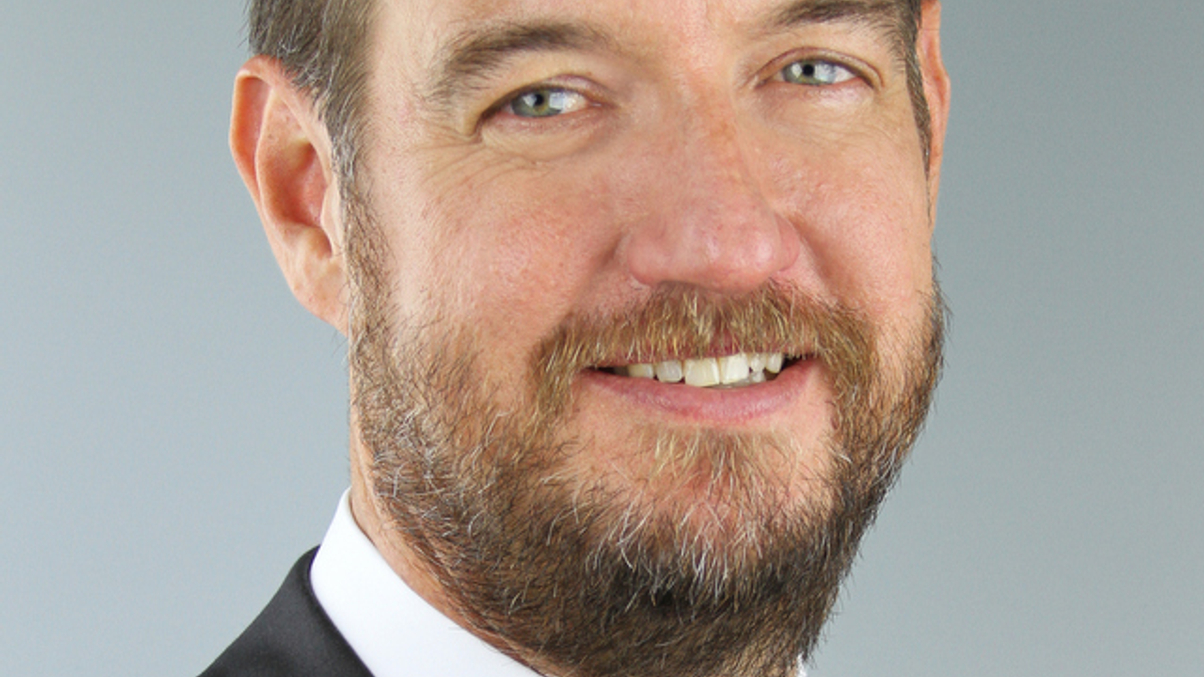Heitman mandate adds to EII Capital woes
Property fund house Heitman’s recent mandate win from Advance Asset Management came after Advance terminated EII Capital’s contract, exacerbating EII’s troubles.

Property investment firm Heitman’s recent A$360 million ($312 million) mandate from Australia’s Advance Asset Management came at the expense of New York-based EII Capital Management, which has been struggling of late after several staff departures and terminated mandates.
Sign in to read on!
Registered users get 2 free articles in 30 days.
Subscribers have full unlimited access to AsianInvestor
Not signed up? New users get 2 free articles per month, plus a 7-day unlimited free trial.
¬ Haymarket Media Limited. All rights reserved.


